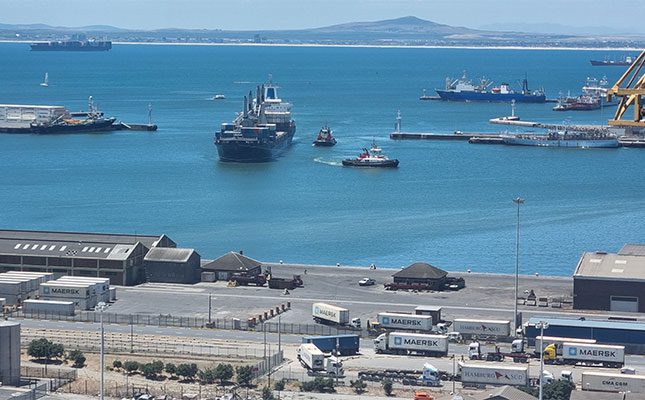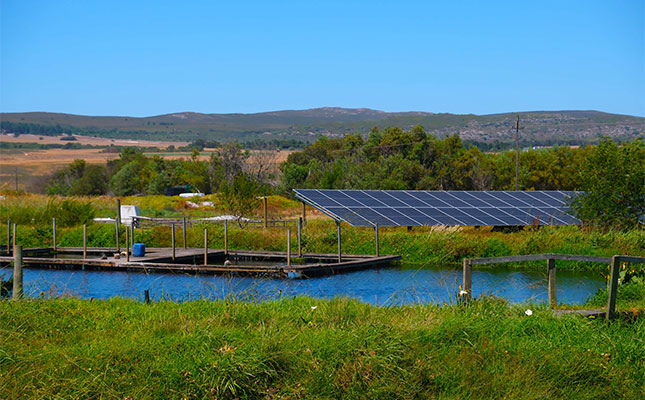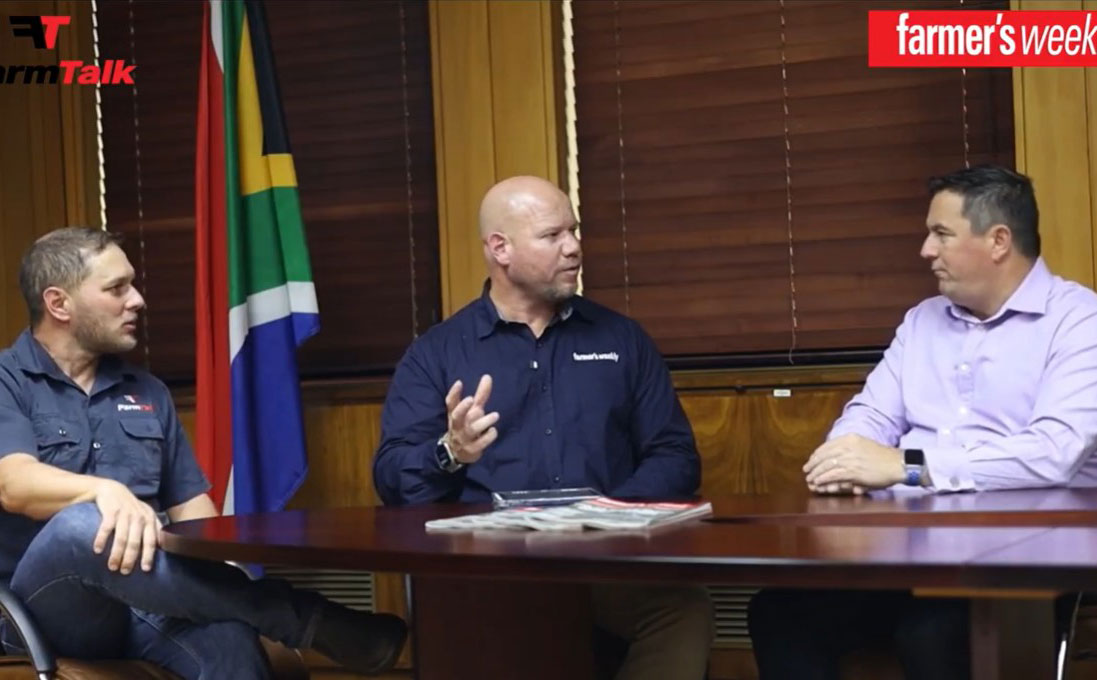
Exporters are cautiously optimistic about the upcoming fruit export season as the Port of Cape Town is inching closer to its performance targets and new equipment comes online.
According to Terry Gale, chairperson of Exporters Western Cape (EWC), four of the port’s first batch of nine new rubber-tyred gantry (RTG) cranes were already in service.
“The terminal has already observed a reduction in truck [turnaround] times since the start of their operation [in the week ended 31 August],” he said in an update to EWC members.
He added that the remaining RTG cranes, which were being used for training, were scheduled to enter service by the end of the first week of September.
Speaking to Freight News earlier this year, Noxolo Thabatha, Cape Town terminal manager, said the port was expected to have 40 RTG cranes in service by the end of the 2025.
In 2023, the port only had 20 RTG cranes in service, with frequent breakdowns slowing cargo movement drastically.
During the last week of August, the Port of Cape Town container terminal exceeded its freight handling target by 1,1%, handling 14 163 twenty-foot equivalent units against a target of 14 000. Port efficiency was 15 gross crane moves per hour (GCH), with the target being 19.
Gale also pointed out that Cape Town handled 12% more fruit this year than last.
However, fruit exporters continue to double down on calls for port privatisation, given the scale of investment needed to get it back to performance levels last seen in 2012, when Transnet reported efficiency of 33 GCH.
In a press release, Chris Knoetze, managing director of logistics provider Link Supply Chain Management, said despite improvements since Transnet’s turnaround strategy began, current GCH levels were still throttling exports.
According to the Southern African Association of Freight Forwarders, the current world average is 23 to 24 GCH, compared with the Port of Cape Town’s current target of 19. However, 19 was a significant improvement over the 12 to 14 GCH achieved during the worst of the state capture era.
Gale also pointed out that in addition to the 18 new RTG cranes, a further 10 were scheduled to arrive on 5 September.
“Transnet has accelerated delivery by more than two months, and these units are set to be deployed early in [2026], in time to support the second half of the deciduous [fruit export] season,” he said.
Get trusted farming news from Farmers Weekly in Google Top Stories.
➕ Add Farmers Weekly to Google ✔ Takes 10 seconds · ✔ Remove anytime










